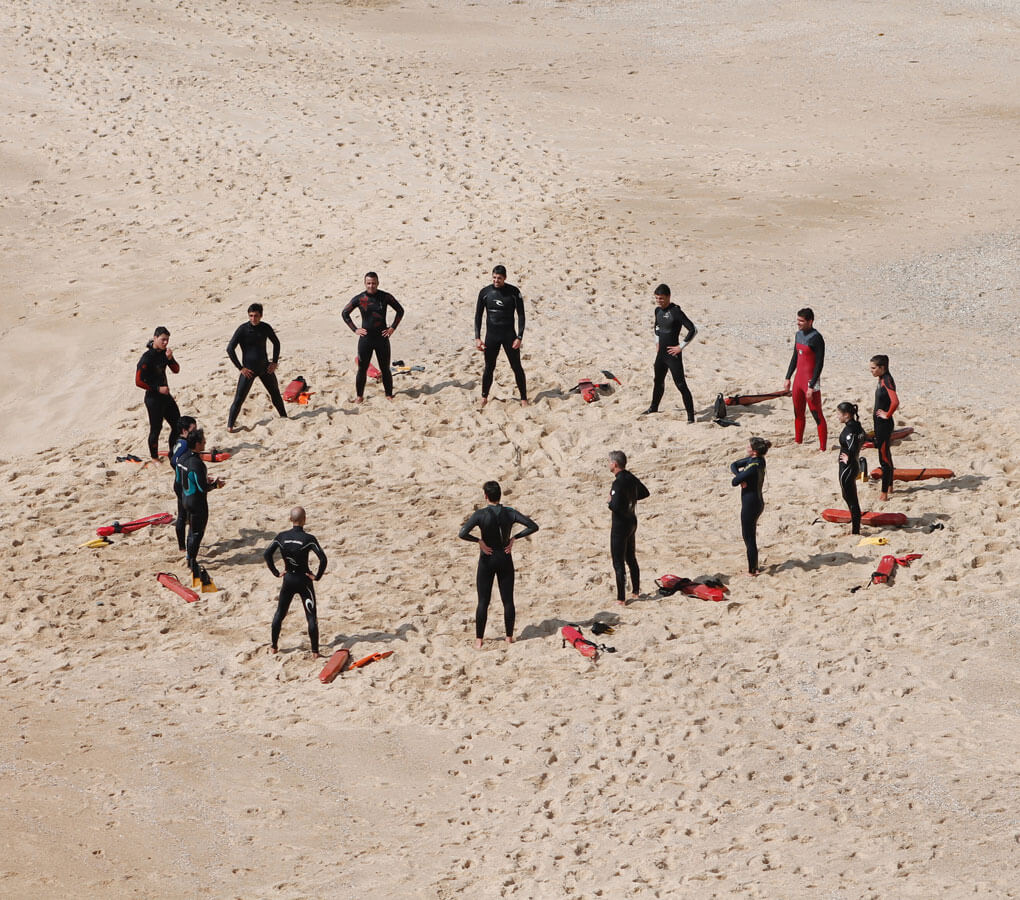Foresight PRIMER
Description
Every day, we receive stimuli about the changes taking place in our society and on the hypothetical future evolutions. However, it is not so easy to define a frame for the possible scenarios for the sector in which our organizations work. This happens because the future is complex: the variables involved are growing, the ongoing transformations are faster, the effects of changes are deeper, the unexpected events with significant impact happen more often. As the COVID-19 emergency is teaching us, we need to rethink our system in a direction of higher adaptability, innovation, resilience.
That is why it becomes necessary, as well as strategic, to know the possible directions of the most important forces of change, to improve the awareness about the consequences that these forces will produce in the next years, and develop “skills of future”, suited for defining long-term bold strategies able to intercept in their own radars also phenomena that are improbable but disruptive.
- Module I: FUTURES THINKING
Introduction to “Futures and Foresight” in order to use the future as a strategic tool. Sharing of conceptual frame and activation of a mindset necessary to nourish prospective thought and “skills of future”. - Module II: MEGATRENDS 2030
Deepening of the most important macro-trends that will impact from today to 2030, exploring the different perspectives (economic, social, cultural, geopolitical and technological) and the developments of the global context, the Italian one, and the personal relevant sector. - Module III: FORESIGHT METHODS
Overview of methodologies like scanning, futuring and reconfiguring. Methods and techniques for studying trends and wild cards will be described as well as methods and techniques for analyzing the implications of driving forces, for exploring scenarios, for constructing visions of “aspirational futures” and for the definition of a roadmap and actions strategies.
Aims
1. Provide knowledge for supporting strategic decision, strengthen short-medium term planning ability and manage complexity and uncertainty.
2. Understand the meaning of megatrends, by distinguish them from tendencies and “open” processes, and learn to analyze and differentiate signals and driving forces in the external environment.
3. Develop a systemic understanding of factors that will shape our society, by exploring the implication for your own sector, and raise awareness at the basis of strategic choice in order to grasp in advance opportunities generated.
4. Learn the main methods to explore and generate possible futures, define roadmap, reconfiguring strategies and reinventing your own systems (products, services processes and organizations).
For whom
Decision-makers, entrepreneurs, executives, managers, innovators, researchers and educators.

















